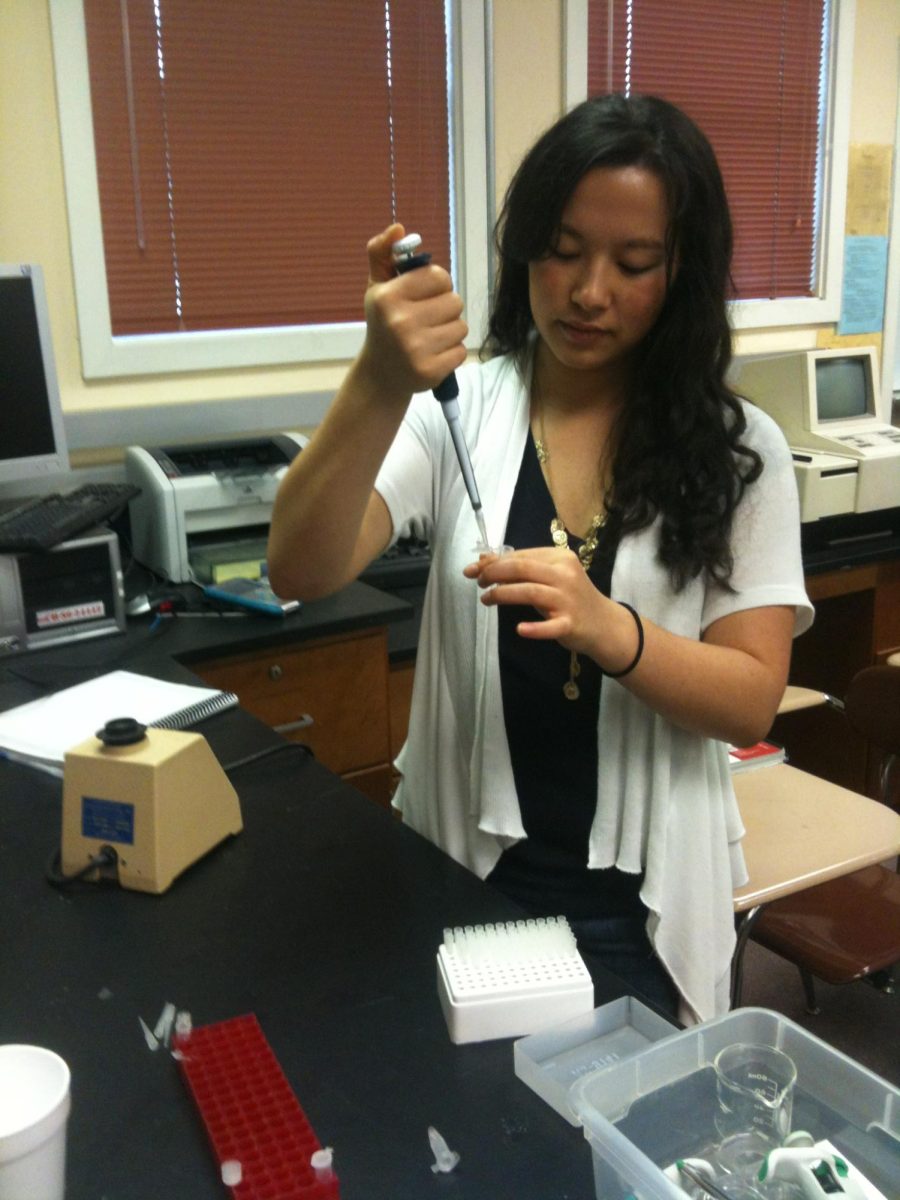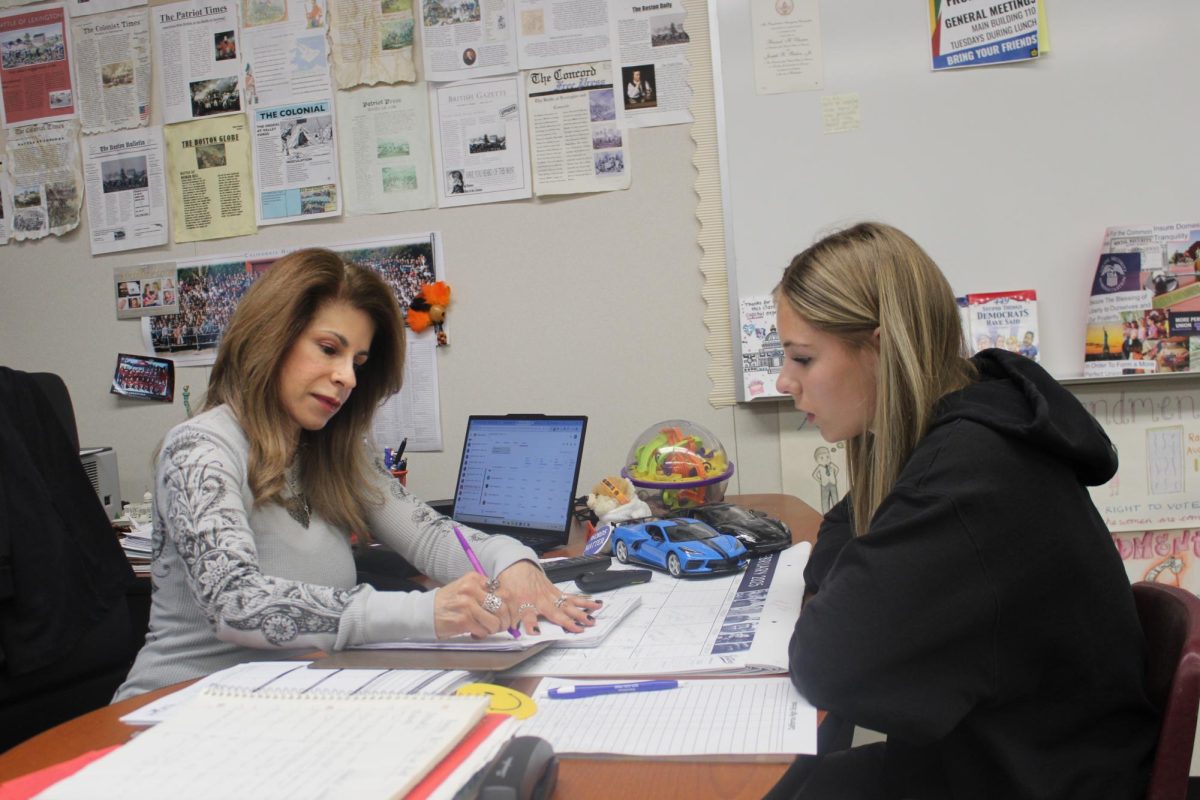Josh Gu
Staff Writer
A new controversial California law requiring public schools to raise awareness for Lesbian, Gay, Bisexual and Transgender contributors to history has raised many eyebrows around the country.
The FAIR Education Act, or Senate Bill 48, requires public schools to incorporate the historical contributions of gay men, lesbians, and transgender individuals into the social science curriculums.
The law also prohibits instruction, school sponsored activities and the adoption of any textbooks or instructional materials that reflect adversely on people because of their race, sex, sexual orientation, or creed.
This law has raised support from those who believe that it is high time that classes begin addressing a part of our history that is often overlooked.
“The LGBT community shouldn’t be brushed over and ignored,” said Stacey Quick, former Gay-Straight Alliance adviser. “They’re still a part of our history.”
Kathy Tussy, another former Gay-Straight Alliance adviser agrees.
“Part of being American is making everyone feel accepted, but that’s a fallacy because we still don’t accept certain people based on race or sexuality,” said Tussy. “Teaching young students how to be accepting is one of the best life skills you can give them.”
Another purpose of the law is to help prevent anti-gay bullying.
“It’ll help, especially for younger kids because they can learn to be tolerant and accepting,” said senior Taylor Eubanks.
But this law has raised doubts about its advantages.
“I don’t think this law is really necessary,” said senior Kristine Craig. “If people were truly historically significant, they would already be recognized in classes, regardless of their sexuality.”
Even with schools promoting acceptance, Quick said students are still exposed to outside influences like family or friends, but the law definitely helps.
“The law is good because it will help those who are bullied,” said sophomore Richard Um. “But it won’t be enough to completely wipe out the problem.”
According to stopsb48.com, a website dedicated to repealing this law, the proposal will not reduce bullying and instead diverts resources to promote politicians’ agendas.
“The money that we’re putting into this bill could be going into other things,” said Craig. “It can be used to create a program that directly prevents gay bullying.”
As this law requires new textbooks that highlight LGBT movements, it is difficult to get funding, said Quick.
Despite opposing views, both sides agree that there are certain issues that need to be addressed.
“This law is a good thing because the LGBT movement is an important part of history that gets left out,” said Eubanks. “But it also needs to portray the history accurately.”
Despite its potential drawbacks, most agree the law is a step in the right direction.
“This law definitely helps,” said history teacher Chris Doherty. “Education always helps. It’s ignorance that’s the problem.”





